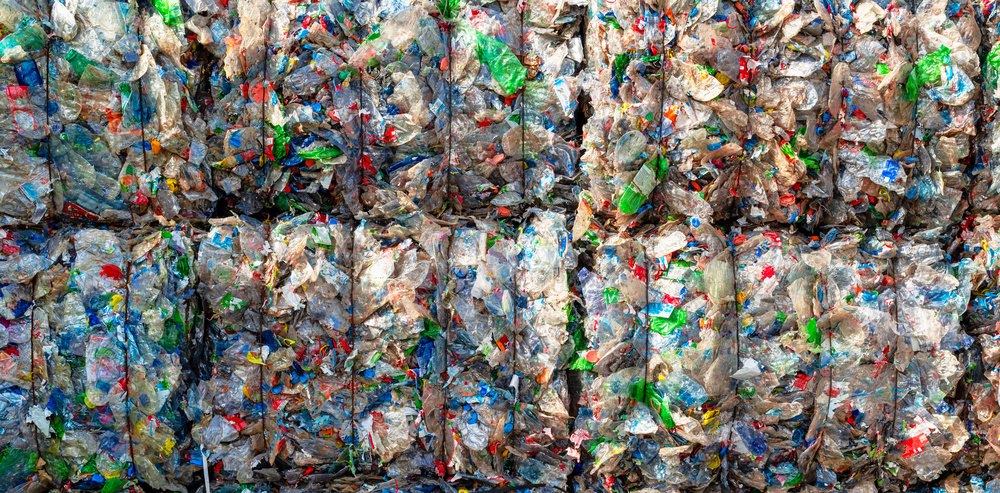Recycling is a worthwhile endeavor for each of us as individuals. It is a good idea for nonprofits, healthcare facilities, and even community organizations. But what about local businesses and large corporations? Can they recycle too? Absolutely. It is just a matter of looking around for opportunities.
If you are in a position to suggest recycling to your company, don’t be afraid to do so. Also, be careful not to limit yourself to what you know about residential recycling. There are a lot of things companies can do, based on their industries and daily practices. A few suggestions are listed below.
Table of Contents
Recycling in the Office
Office workers generate a ton of recyclable materials without even knowing it. Let us start with all the paper that winds up in wastebaskets. We are talking about printed documents here: letters, brochures, printed presentations, etc. Most types of paper documents can be shredded and sent for recycling.
Cardboard is another easily recyclable office material. Some companies that accept shredded office documents take cardboard, too. Others don’t. It is a matter of preference.
Office electronics are a big thing. Nearly every mid-sized city and major metropolitan area have at least one or two organizations that accept computers, printers, etc. for recycling. Likewise for ink cartridges, toner cartridges, and even batteries.
Recycling in the Break Room
Recycling in the break room is nearly identical to recycling at home. Ask employees to separate plastic, paper, and glass from the rest of their trash. Clean the plastic and glass to make life easier on your trash hauler. As for soda cans and bottles, they can be set aside for the vendor or taken to a redemption center.
Recycling in the Warehouse
Out in the warehouse, you may have both wood and plastic items eligible for recycling. Wooden pallets are big business in most cities. There may be at least one or two vendors willing to pick them up. As for industrial scrap plastic, companies like Tennessee-based Seraphim Plastics regularly buy and pick up scrap material.
All the paper and cardboard waste generated in the warehouse can be combined with similar waste from the office. Plastic and glass recyclables can be combined with similar items from the break room.
Recycling in the Parking Lot
If your company operates a fleet of vehicles, no matter the size, they produce a couple of recyclable materials. First and foremost, all the motor oil in those vehicles is recyclable. Your mechanics already know that.
Automotive batteries can be recycled as well. In order to ensure that happens, most states have mandated that batteries be collected by the same retailers who sell new ones. Old batteries are sent for recycling by the retailer.
Finally, old tires can be recycled. A local recycler might be able to re-purpose the tires by putting new treads on them. Tires that have reached the end of their useful lives can be shredded and sold to companies that make products like artificial turf.
Don’t Forget Waste Reduction
Companies can recycle if they are willing to look around for opportunities and put effort into what they find. Hopefully, your company is already doing so. But there is one more thing to shoot for: waste reduction.
Recycling is definitely a worthwhile goal. But reducing the need to recycle by eliminating waste is an even better goal. If companies can reduce the amount of waste they generate, the need to recycle is also reduced.
Is your company actively recycling? Here’s hoping so. And if not, you now have some ideas to present to management. Suggest them and see what happens. You never know.

